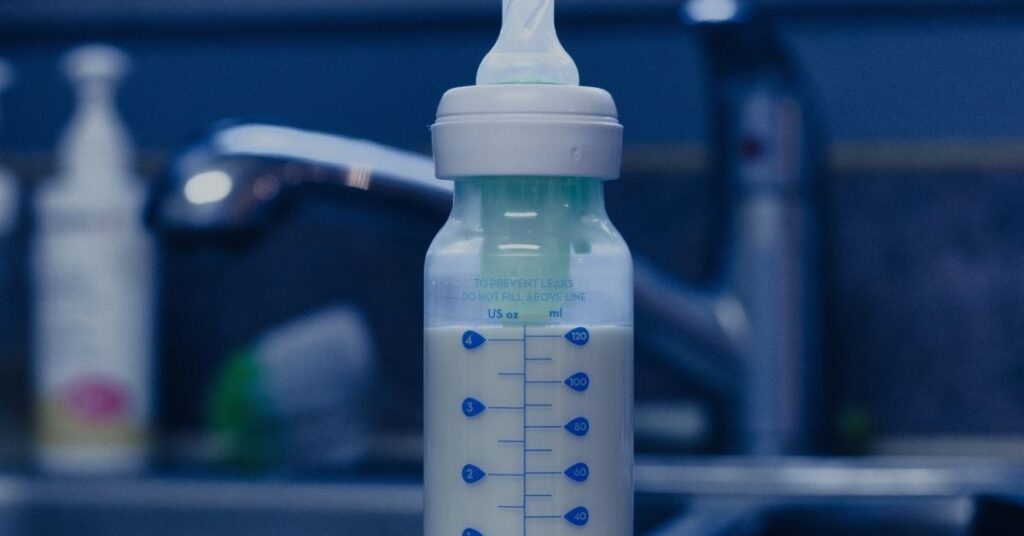In 2021, the U.S. House of Representatives released a report that revealed alarmingly high amounts of heavy metals in baby foods. Companies like Beech-Nut and Gerber were found to have large amounts of arsenic in their rice cereals. Due to lackluster and flawed testing, baby food companies were releasing their products into the market with toxic levels of heavy metals.
What are Heavy Metals?
Heavy metals are defined as metals with a high density, atomic weight, or atomic number. They are generally toxic at low concentrations and can accumulate in the body, causing adverse health effects. Some common heavy metals include lead, mercury, cadmium, and arsenic. Exposure to these metals can occur through food, water, air, or soil contamination. But how have these metals been finding their way into baby food?
How Are Heavy Metals Present in Baby Food?
Despite strict regulations, heavy metals still find their way into many popular brands of baby food. One common source of contamination is the water used to reconstitute dried fruits and vegetables. If the water contains high levels of lead or other heavy metals, these can be absorbed by the food.
Another potential source of contamination is the soil in which the food is grown. If the soil is contaminated with industrial waste or mining runoff, it can contain high levels of heavy metals. Once absorbed by the plant, these metals can end up in the finished product.
Finally, heavy metals can also be introduced through contact with contaminated equipment or packaging during the manufacturing process. Although manufacturers are required to test their products for heavy metal contamination, there have been several recent recalls of baby food due to high levels of lead and other heavy metals.
What Is Being Done?
According to the initial report by the U.S. House of Representatives, the requirements set by the Food and Drug Administration (FDA) are subpar:
“FDA has not yet set a standard for inorganic arsenic for all baby foods. The only standard FDA has set a limit of 100 ppb on inorganic arsenic in infant rice cereal, even though a product containing 100 ppb is dangerous to infant neurological development. The limit was set at its current high value because FDA was focused on protecting children only from cancer, not from neurological impacts.”
It is mentioned that there is also no set federal standard for lead in baby food; however, the FDA’s program “Closer to Zero” is working on lowering the limits of these metals.
Closer to Zero
Per the report, the FDA has committed to accelerating its timeline on the lowering of heavy metal levels.
- Lead – A draft of the lead limit will be completed by April 2022, with a final limit by April 2024.
- Arsenic – A draft of the arsenic limit will be finished by April 2022, with a final limit between “April 2024-beyond”.
- Cadmium and Mercury – A draft will be completed between “April-2024-beyond”.
Product Liability Attorneys in Fort Lauderdale, Florida
For over 70 years, Schlesinger Law Offices, P.A. has been recovering damages for our clients and their families, especially those who have been affected by toxic baby foods. We are committed to fighting for the rights of parents and children who have been harmed by negligent manufacturers. We believe that no parent should worry about their child being harmed by the food they eat, and we will continue to fight for justice on behalf of our clients.
If you or someone you know has suffered due to defective products, call us today at (954) 467-8800 or fill out our form online.


